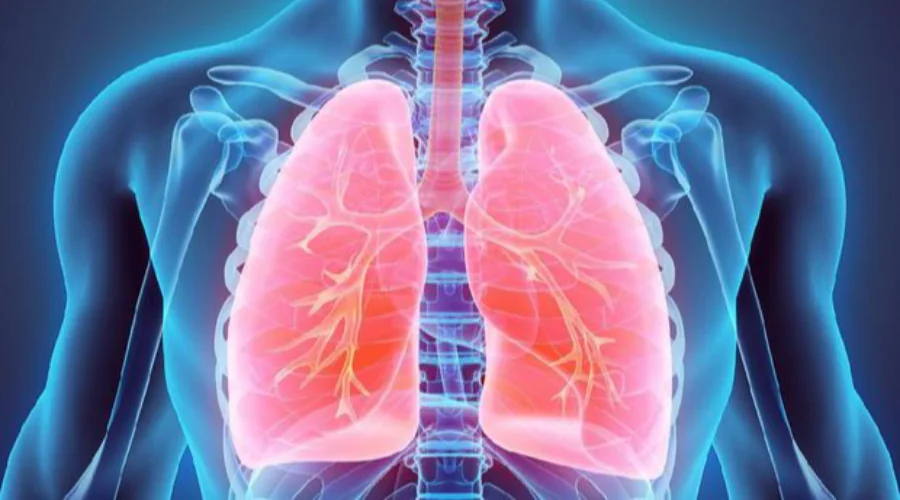
- 04 Sep
- 2023
Ilustrasi gambar (I-Stockphoto)
UM Surabaya Nurses Share 7 Tips for Keeping Respiratory Organs Healthy
Breathing is one of the greatest and priceless blessings and gifts. There are many organs that play a role in the breathing process. Respiratory organs are not just the lungs. Mouth, nose, and throat are also included. Breathing is the activity of taking in air (inspiration) and expelling air (expiration) through the respiratory apparatus.
Nurse UM Surabaya Saiful Anam said that respiratory disorders in the respiratory organs can interfere with daily activities and that is a concern. So before that happens one should take good care of the respiratory organs in order to stay healthy.
Here are tips on keeping the respiratory organs healthy:
The first is exercise, regular exercise is a very effective way of maintaining the respiratory organs. Because by actively moving, circulation in the body will run smoothly. That way, the respiratory organs, especially the lungs, will always maintain their health.
Second, don't smoke. Smoking is the main cause of lung cancer and chronic obstructive pulmonary disease (COPD), which includes chronic bronchitis and emphysema. Cigarette smoke can narrow the airways and make breathing more difficult.
“This causes chronic inflammation, or swelling in the lungs that can lead to chronic bronchitis. Over time, cigarette smoke destroys lung tissue and can trigger changes that grow into cancer," said Anam Monday (4/9/23)
Third, reduce consumption of cold food and drinks considering that lung tissue is sensitive to cold. Anam said, consuming food or consuming too much cold water can trigger an increase in sore throat and nasal congestion.
“Drinking cold water, especially after eating, results in a buildup of excess mucus (respiratory mucosa), which forms the protective lining of the respiratory tract. However, when the duct is blocked, it becomes susceptible to many infections."
Fourth, consume nutritious food. Consuming nutritious food also greatly affects the health of the respiratory organs. One of them is by consuming fruits and vegetables to keep the nutrients in the body balanced. People who are deficient in nutrition are proven to be more susceptible to various respiratory disorders. Some vitamins and minerals that are important for maintaining the respiratory organs include: Vitamins, A, C, E, zinc, potassium, selenium, magnesium.
Fifth, avoid exposure to pollution. Exposure to air pollution can damage the lungs and accelerate aging. When young and strong, the lungs naturally can easily withstand this poison. However, as we age, the respiratory organs can lose some of that resistance becoming more susceptible to infection and disease.
Sixth, wash your hands frequently. For some people washing hands may be considered a trivial activity. Transmission of viruses and bacteria that cause respiratory tract infections can be through objects that have been exposed to viruses or bacteria from patients with respiratory tract infections. Therefore diligently washing hands can prevent viruses or bacteria from entering the body, especially in the respiratory tract.
Lastly, breathing exercises. The function of the lungs in the process of breathing is very important, namely as a place for air exchange. In carrying out these functions, the lungs are also supported by various respiratory tissues and muscles. However, lung function can decrease with age or due to certain diseases. One way to maintain the function of these organs is by breathing exercises.
This exercise engages the diaphragm and abdominals. If done correctly and regularly, diaphragm exercises can help improve lung function. To do this, start by sitting relaxed while placing one hand on your stomach and one hand on your chest.
“If done regularly, breathing exercises can facilitate the gas exchange process, increase oxygen levels, and clean the lungs. In addition, this exercise is also known to be able to relieve stress and overcome anxiety, "concluded Anam.










(0) Comments